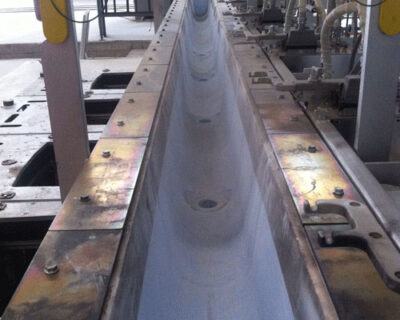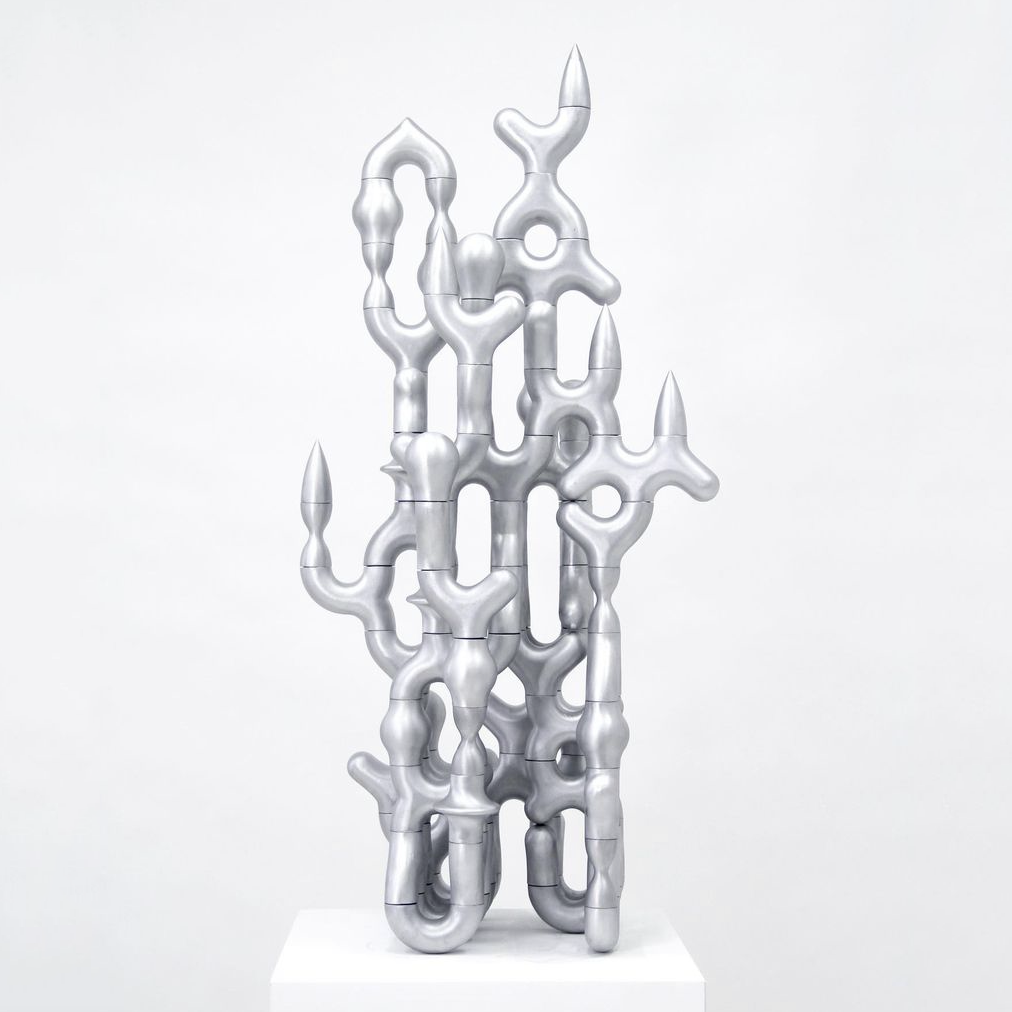Best Practices for Upkeep and Applications in the Light Weight Aluminum Factory Market: An In-depth Introduction
Preserving equipment in the light weight aluminum factory market is important for functional success. Regular assessments and anticipating maintenance can substantially reduce downtime and enhance safety and security. Advanced modern technologies, such as IoT and data analytics, play a crucial function in this process. Recognizing the full scope of best techniques calls for a more detailed evaluation of details approaches and their effects on performance. What are the important components that add to a reputable upkeep framework?
Importance of Routine Maintenance in Light Weight Aluminum Foundries
Routine maintenance plays a vital role in the efficient operation of aluminum factories. By methodically checking and servicing tools, factories assure peak efficiency and durability of machinery. Regular maintenance activities, such as cleaning, lubrication, and component replacement, help protect against unanticipated break downs that can cause expensive downtime.
Additionally, regular checks improve workplace safety and security by recognizing potential hazards before they rise into serious problems. Devices that is well-kept operates more efficiently, leading to enhanced item high quality and minimized waste. In addition, adherence to an organized upkeep routine can support compliance with industry laws, therefore cultivating an online reputation for reliability and quality within the market.
Carrying Out Anticipating Maintenance Approaches
Anticipating upkeep strategies take the concepts of regular maintenance an action even more by leveraging data analytics and advanced tracking modern technologies. In aluminum shops, these approaches enable operators to prepare for devices failings before they take place, thereby lowering unexpected downtimes and maximizing operational performance. By making use of sensors and IoT devices, real-time information can be accumulated on maker efficiency, permitting the recognition of potential problems via anticipating analytics.
Enhancing Melting and Putting Procedures
Efficient melting and putting processes are crucial for making the most of performance and assuring the high quality of aluminum castings. To enhance these procedures, shops must concentrate on specific temperature control during melting, as this directly impacts the metallurgical residential or commercial properties of the alloy. Using sophisticated melting technologies, such as induction and resistance melting, can enhance energy performance and reduce cycle times.
Furthermore, executing automated pouring systems lessens human mistake and maintains uniformity in the pouring procedure. Proper mold and mildew preparation, consisting of adequate preheating, is vital to protect against thermal shock and enhance mold and mildew long life.

Enhancing Security Methods in Foundry Operations
Focusing on safety and security in light weight aluminum foundry procedures is vital for protecting employees and guaranteeing an effective atmosphere. Reliable safety and security methods include normal training sessions that highlight the significance of personal safety tools (PPE), such as handwear covers, safety helmets, and safety glasses. Additionally, the establishment of clear emergency situation procedures is necessary in managing prospective accidents.
Regular assessments of devices and equipment assistance determine dangers before they intensify right into major problems. Executing a robust coverage system urges workers to aluminum foundry communicate security worries without worry of consequence. In addition, cultivating a society of safety warranties that every staff member understands their function in preserving a secure workplace.
Furthermore, assuring proper ventilation and tracking air high quality can minimize direct exposure to dangerous fumes and dirt. By enhancing these techniques, aluminum foundries can considerably decrease the risk of mishaps and create a setting where employees feel valued and safe, eventually enhancing total operational performance.
Leveraging Modern Technology for Improved Performance
Using advanced modern technology has actually become significantly vital for light weight aluminum factories intending to boost functional performance. Automation and robotics play a crucial duty in improving production procedures, lowering labor prices, and lessening human mistake. Carrying out real-time tracking systems permits for the constant assessment of devices performance, allowing proactive upkeep and lowering downtime.
The integration of information analytics gives useful understandings into functional operations, assisting in much better decision-making and source appropriation. For example, predictive analytics can identify prospective failures prior to they take place, additional optimizing upkeep timetables.
In addition, embracing sophisticated melting and casting modern technologies improves power efficiency and material return, which are fundamental for sustainability in the industry. By accepting these technological improvements, aluminum shops can not only enhance performance however likewise keep an affordable edge in a progressively demanding market (Casting Foundry). Eventually, leveraging modern technology is essential in driving development and enhancing overall operational effectiveness within the industry

Frequently Asked Inquiries
What Prevail Signs of Equipment Put On in Aluminum Foundries?
Common indicators of tools wear in aluminum factories include uncommon noises, lowered effectiveness, increased vibration, overheating elements, leakages, and noticeable rust. These signs typically indicate the need for upkeep or possible replacement to avoid expensive downtime.
How Can I Train Staff for Effective Maintenance Practices?
To train team for efficient upkeep techniques, one can carry out hands-on workshops, establish extensive guidebooks, urge mentorship programs, and conduct normal evaluations to review skills and understanding, guaranteeing all employees understand upkeep methods completely.
What Are the Ecological Laws for Aluminum Foundries?
Light weight aluminum factories undergo different environmental regulations, including emissions control, waste administration, and source preservation. Compliance guarantees marginal environmental impact, promoting sustainability while adhering to neighborhood, nationwide, and worldwide ecological criteria and guidelines.
Just How Do Shops Manage Waste and Recycling of Light weight aluminum?
Foundries handle waste and recycling by applying systems for accumulating scrap light weight aluminum, making use of sophisticated splitting up technologies, and teaming up with recycling facilities to ensure reliable healing procedures, thus reducing ecological influence and advertising sustainability within the sector.
What Are the Expenses Connected With Applying Advanced Technologies?
Carrying out sophisticated technologies in foundries sustains substantial costs, including preliminary investment, training, and upkeep costs. The long-term benefits, such as increased performance and decreased waste, frequently why not find out more warrant these expenditures, leading to boosted profitability. (aluminum casting company)
